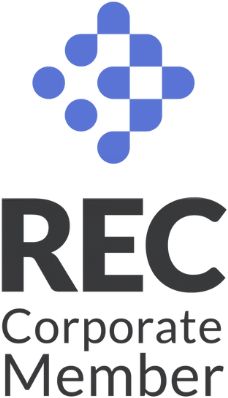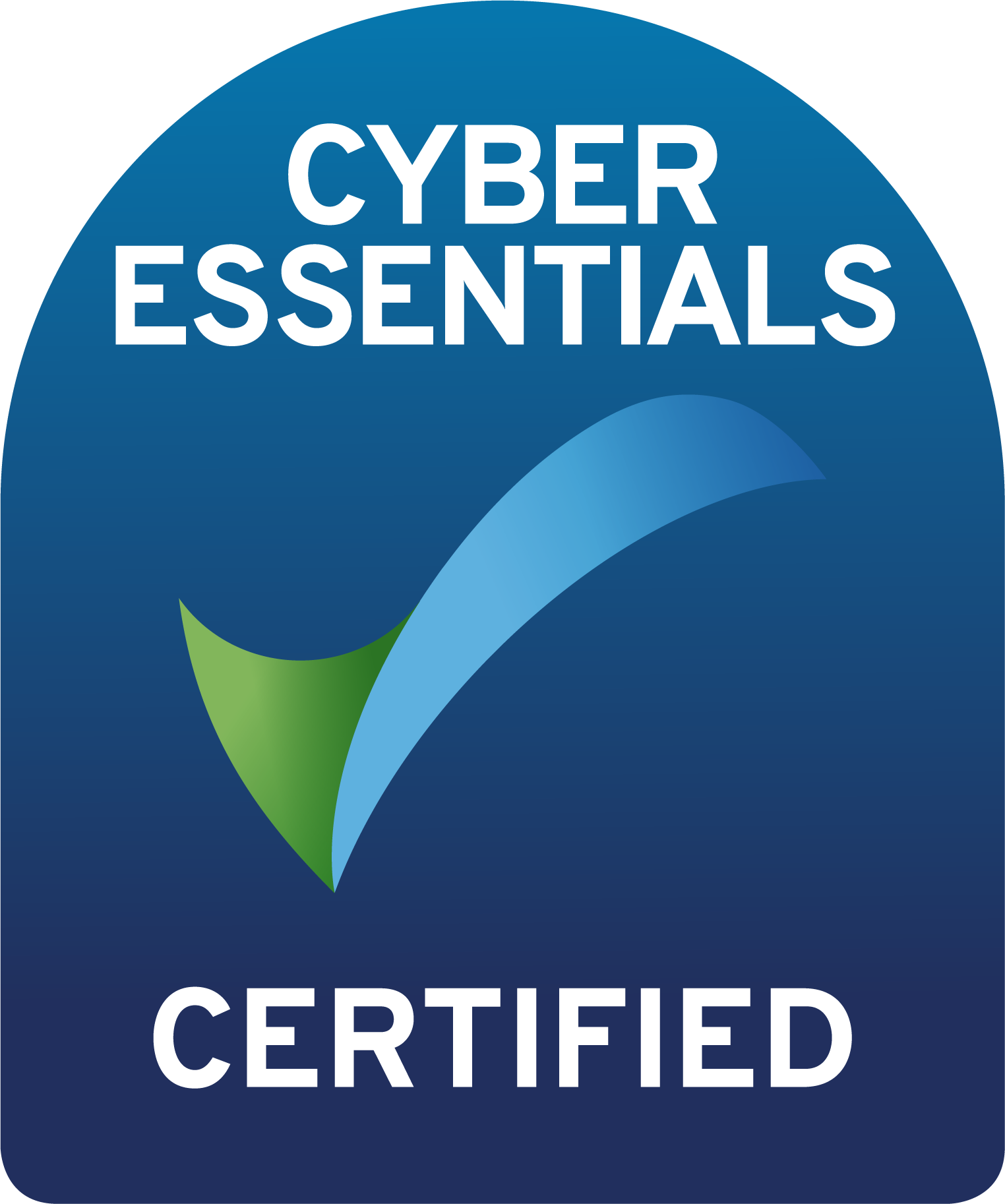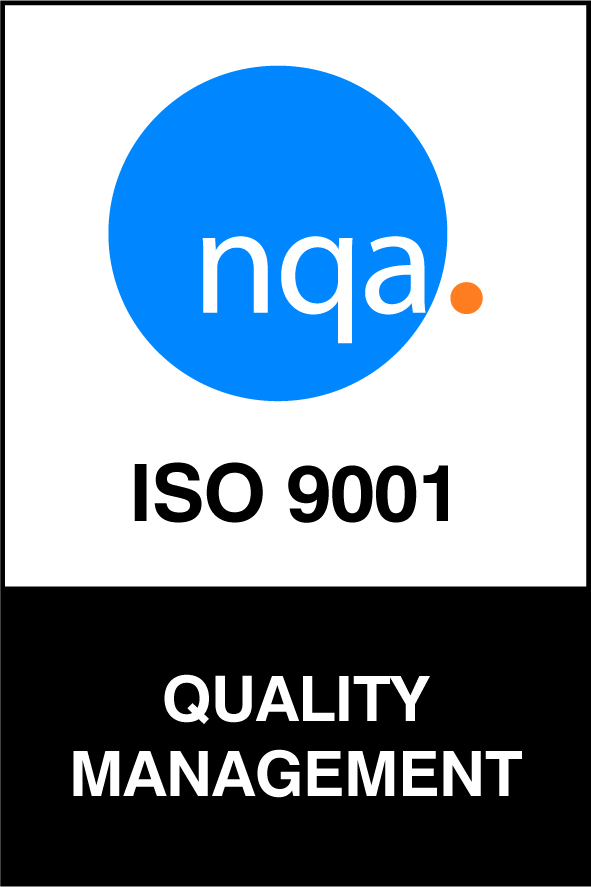
Recent research has highlighted how soft skills are now top priorities for companies looking to recruit. Skills such as communication, teamwork, and time management appear in most job descriptions but applicants often fail to evidence them in their CVs or demonstrate them in an interview.
Government, businesses, and schools have been criticised for not funding and encouraging the development of soft skills and, in failing to do so, they have promoted a culture where candidates don't refer to these skills when applying for a new job.
After consultation with recruitment experts, we have highlighted five of the most valuable soft skills according to employers and advised on ways to demonstrate them from the application process to the interview.
Time Management
“By failing to prepare, you are preparing to fail.” – Benjamin Franklin.
Employers demand time management skills, and many interview questions are tailored so you can provide examples of your ability to manage time effectively. Simply saying you are good with time management isn’t enough, you need to unpick how you are good at it. When have you delegated roles, worked to a strict deadline, prioritised certain tasks over others or created schedules? Do you have examples of your scheduling, time planning or even a professional and well-organised diary? Bring it along to the interview it may be helpful to have physical examples of your skills.
Communication skills
Communication skills are quite clearly demonstrated in an interview but can be a lot trickier to show at the initial application stage. Give examples of weekly meetings you attended, presentations you have given and the type of people you are in contact with daily, this may seem less important than qualifications and main responsibilities, but it shows your ability to communicate with a diverse range of people professionally. Producing professional emails and letters are important in most jobs so, on top of verbal communication, don’t forget to include some examples of your written communication skills. When in the interview make sure you listen carefully and don’t over-communicate, eye contact, positive body language and not interrupting are just as important as being able to talk confidently.
Teamwork
A good way to show strong teamwork skills is to have an example of when you have worked with colleagues under a lot of pressure rather than just day-to-day activities. Hitting a deadline, completing a big project or organising an event can make the pressure really hit. Rising above the stress to work effectively, staying positive and being supportive shows you are a team player. When explaining your role try to get a good balance between praising the team you worked with and highlighting your contribution to the job.
Work Ethic
A strong work ethic is vital to employers but hard to portray for a candidate. Like all other soft skills simply saying you have a “strong work ethic” or are a “hard worker” won’t be good enough but good examples of your work ethic will help. A clever trick, however, is to use LinkedIn to help highlight your strong work ethic. Have an active LinkedIn page with up-to-date posts about the industry you are working in, this will show your passion and interest for the job. If you have recommendations from other employees on your LinkedIn that could help your application. We all know lots of employers look at social media now, so try to use it to your advantage!
Problem-Solving
Most employees will have been faced with unhappy customers, a project going wrong or an unexpected problem, how you deal with these situations is very important for employers. When giving examples of your problem-solving skills try to follow the Bransford IDEAL model to give details of the specific problem, how you worked to fix it and what skills you have learned because of it: 1. Identify the problem. What are the essential elements of the problem? Is it a problem that is similar to others that you may have solved? 2. Define the problem by thinking about it and sorting relevant information. 3. Explore solutions. What are the advantages and disadvantages of each solution? 4. Act on strategies 5. Look back and evaluate the effects of your activity.
Fitting all of this onto one CV might be tricky, employers don’t want to see big paragraphs and four pages of information on one candidate. Try speaking to a good, well-respected recruiter who should have a good understanding of which skills different employers are looking for. They can guide you into the right job for you and identify what skills you have that you may have overlooked. By applying through a recruiter, you can also benefit from their positive and trusted relationship with the employer. If you work in the Built Environment, FM or IT and would like our help finding the right job for you give us a call on 0333 323 0733 or alternatively, you can email us and one of our team of industry-specific recruiters will get back to you.










